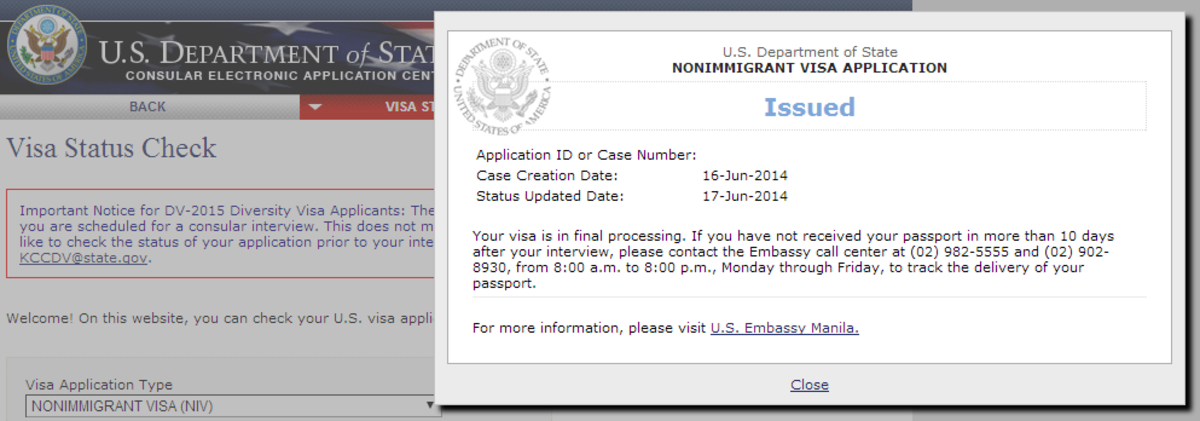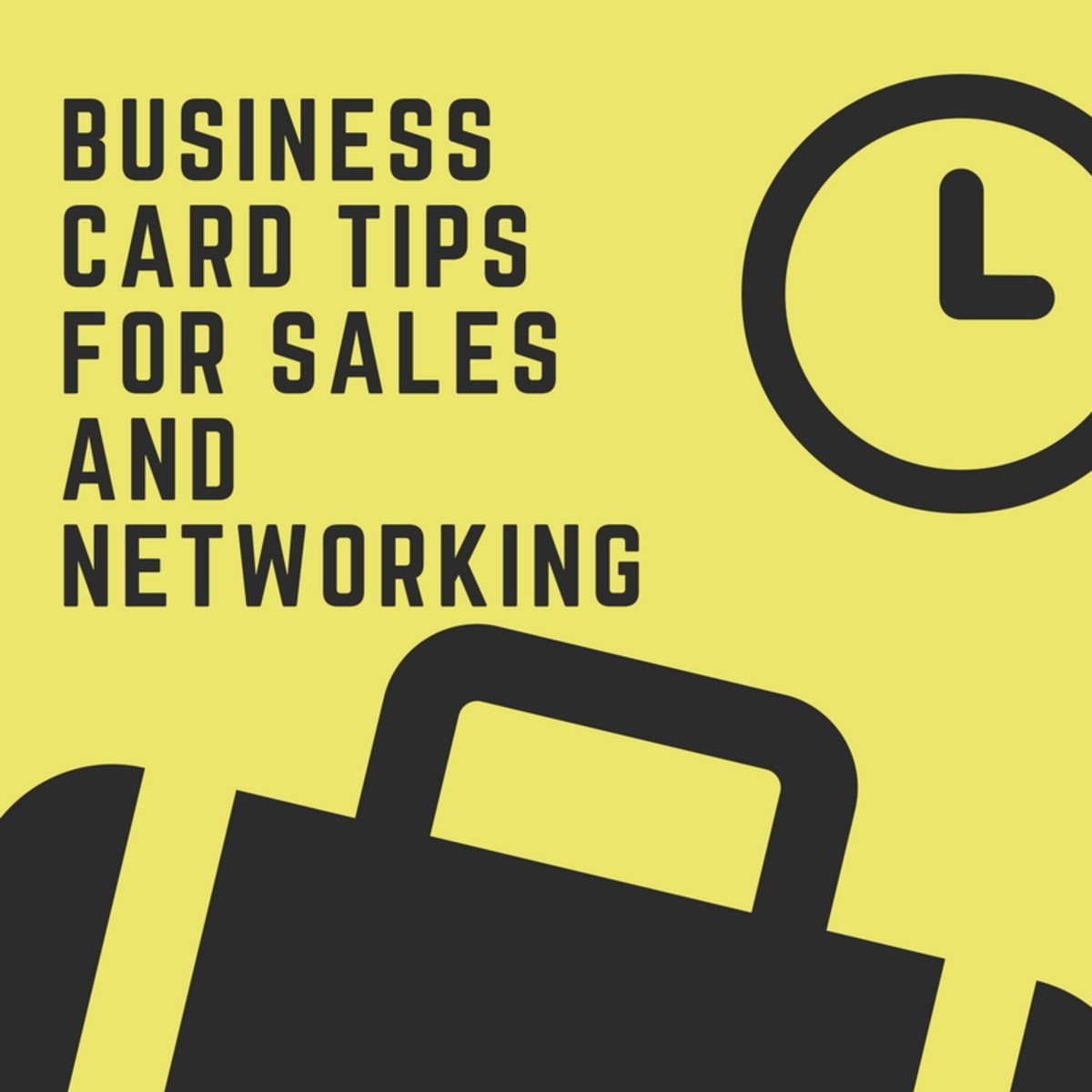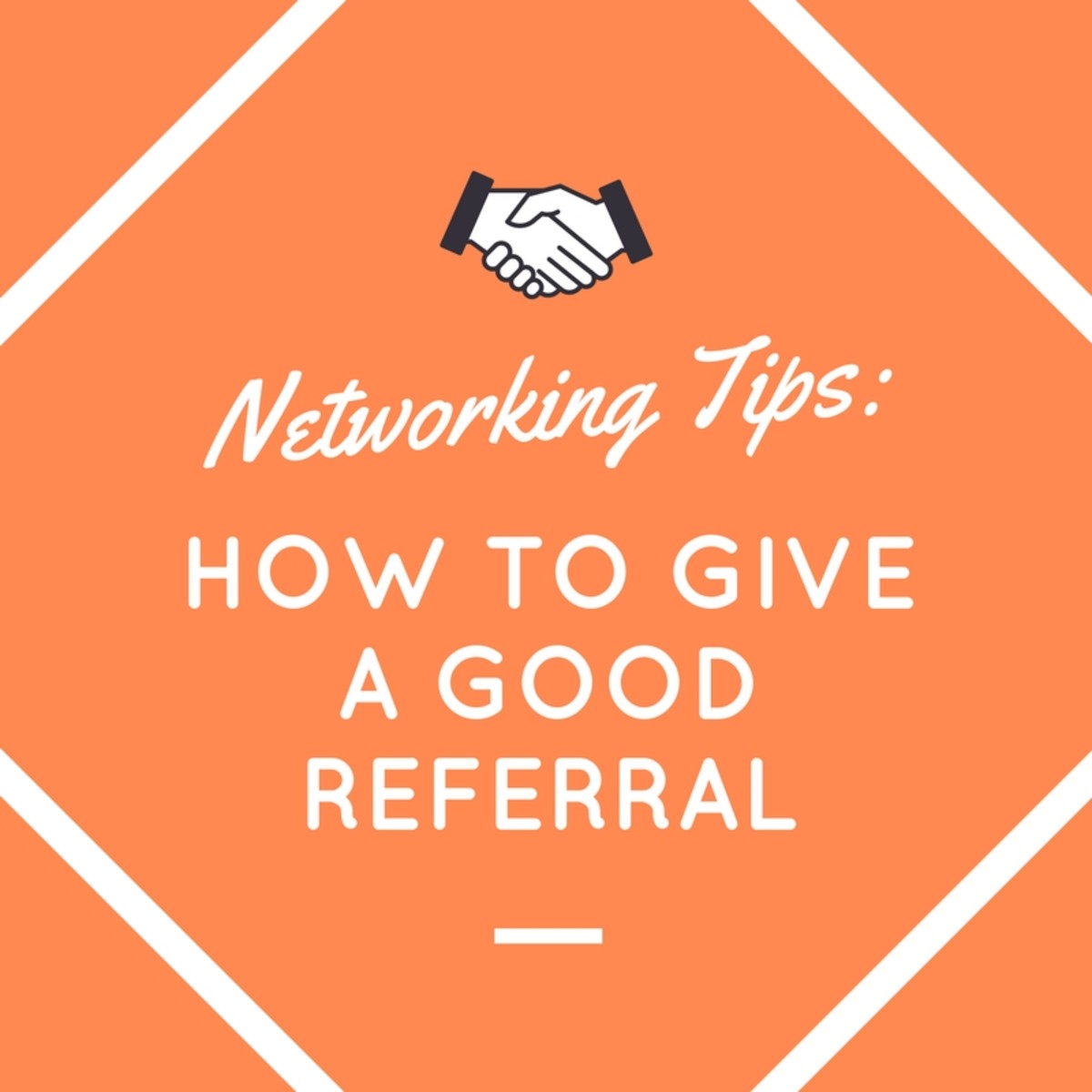Online Appointment Scheduling Tips for Networking and Sales

If you're in a consulting business, you no doubt have received these calls at some point:
Call Scenario #1: "Do you have a minute to talk?"
Call Scenario #2: "Email me some days and times that are good for you."
Call Scenario #3: "Call me anytime."
Ever get annoyed when you get these requests from clients or networking chums? I do. (Though I'll admit I've occasionally been guilty of making these requests, too.) They seem innocent enough. Those in consulting professions want to accommodate important clients and colleagues. But these non-specific, randomly received requests for your time can be devastating to your day and the sales dollars you bring in to your business.
What's so bad about them?
Call Scenario #1: The Hour-Long Minute
You know that these calls are never just "a minute." Sometimes those "quick" randomly received phone calls can steal up to 15, 30 or more minutes of your day. Plus, the risk of brain picking can be extremely high in these situations. Then there's recovery time to get back on track, mentally and emotionally, sometimes even physically.
Call Scenario #2: Scheduling Merry-Go-Round
This sounds accommodating to the other party. But what usually happens is that you'll send an email saying such-and-such days and times are good. Then the requester fires back that none of those work for him and that this-or-that time would be better. You look at your calendar and see that the alternate time doesn't work. "How about..." Welcome to the scheduling merry-go-round! An appointment request exchange could mean up to 3, 4, 5 or more emails to confirm.
Call Scenario #3: Anytime Tag
Like the scheduling merry-go-round, this looks like the appointment requester is being accommodating. Unfortunately, what usually happens is that you will likely reach the requester's voice mail, You leave a message. The appointment requester then tries to reach you when you're not available and gets your voice mail. Tag, you're it!
This is why I now insist that my clients and colleagues schedule a phone or Skype appointment with me via my online appointment scheduling calendar.
Benefits of Using Online Appointment Scheduling
What can online appointment scheduling do for you?
- Give Clients and Colleagues Choice (But You're the Bigger Winner!). Instead of you getting stuck in the scheduling merry-go-round or anytime tag game, online appointment scheduling puts the onus on clients and colleagues to go through the process of picking a time. Plus, they feel like they are in control of the situation, even though you gain even more by narrowing their field of choice to what works best for you.
- Set a Standard of Service. Clients and networking pals can have unrealistic expectations when it comes to communication frequency, duration and availability. Sending these folks to book appointments online, instructing them to pick a specified time slot (with available time slots designated by YOU!), you let them know that you're expecting this interaction to occur at a certain time and for a certain time.
- Encourage Undivided Attention. Admit it. When you get an unexpected, lengthy phone call at an inconvenient time for you, you are usually paying half attention to the caller while you attend to what you were doing at the moment. This problem escalates if taking these calls while driving, increasing the risk of an accident, especially if the call has a strong emotional element. Better to schedule a time when both you and the caller can pay full attention to each other and the topic at hand.
Tips for Effectively Using Online Appointment Scheduling
While online appointment scheduling has many advantages, there are some aspects that do need to be addressed when considering use of these systems.
- Evaluate Your Sales Funnel and Process. How do you instruct your customers to contact you on your website, business cards and other marketing collateral? If you don't want them to initially contact you by phone, don't include your phone number! Make it crystal clear how you want people to engage with you.
- Keep in Sync. CAUTION! If you use online appointment booking for your customer-facing calendar AND a separate personal calendar (paper or electronic), make sure to update your personal calendar every time a new appointment request is received. On the flip side, remember to block out unavailable time in your online calendar every time book a commitment in your personal calendar.
- Budget for Buffer and Break Time. Try as we might, sometimes phone or video chat calls don't always end on the exact minute booked. Plus, you might need some downtime to get ready for what's next on your calendar after that. Buffer time to the rescue! Be realistic about how much time you need to allow for appointments that run over, switching gears and recovery. Also, if you have standing commitments or activities during your business day which would not allow you to accept appointments, block out those periods as break time in the calendar so that it shows you as unavailable. And don't forget to block out weekends or other R&R time! See your online scheduling system's documentation to find out how to allow for buffer time and break time in your appointment calendar.
- Virtual versus In-Person. Virtual phone and video chat appointments are easiest to manage with an online appointment scheduler. In-person appointments, especially those that require travel on your part, are not and may be impossible to manage with this type of system. Limiting online booking to just phone or video chat appointments is highly recommended. As noted above, just make sure that you update and sync your calendars for any in-person appointments you book outside your online scheduler.
- Set Business Hours. Online appointment scheduling systems often allow you to post your "business hours." This does not mean the actual hours you work! (Many small business owners seem to work 24/7!) Rather, these "business hours" are those when you will allow people to book appointments with you. Carefully evaluate what days and times are most convenient and effective for you and your market.
- Set a Lead Time and Scheduling Window. Set a lead time for how much advance notice you need to receive prior to the requested appointment. A week? One day? A few hours? Also, you'll need to set a scheduling window limiting how far in advance will you allow people to request your time. Months? A year? Online calendar systems usually allow you to set these parameters to prevent impossible appointment requests.
- Offer Easy Linking to Your Online Calendar. Online appointment scheduling systems may give you a link to your online calendar that you can share. Sadly, these links may be long strings of random characters that are unwieldy and impossible to remember. Offer a "click here" type text link for this long URL or create a custom short link (such as a customized bit.ly link) that is easy to remember for use in emails. Some online appointment systems may allow embedding a booking calendar on your website, but USE WITH CAUTION! For security purposes, you may NOT wish to make your calendar available to anyone online. Carefully consider the consequences of making your calendar publicly available before linking or embedding on your website.
Doctors typically require you to make appointments with them. They (and you!) realize their time and expertise are valuable. Requiring your clients and colleagues to make appointments makes a statement that you value your time and expertise... and theirs, too.
— Heidi ThorneThis article is accurate and true to the best of the author’s knowledge. Content is for informational or entertainment purposes only and does not substitute for personal counsel or professional advice in business, financial, legal, or technical matters.
© 2016 Heidi Thorne








